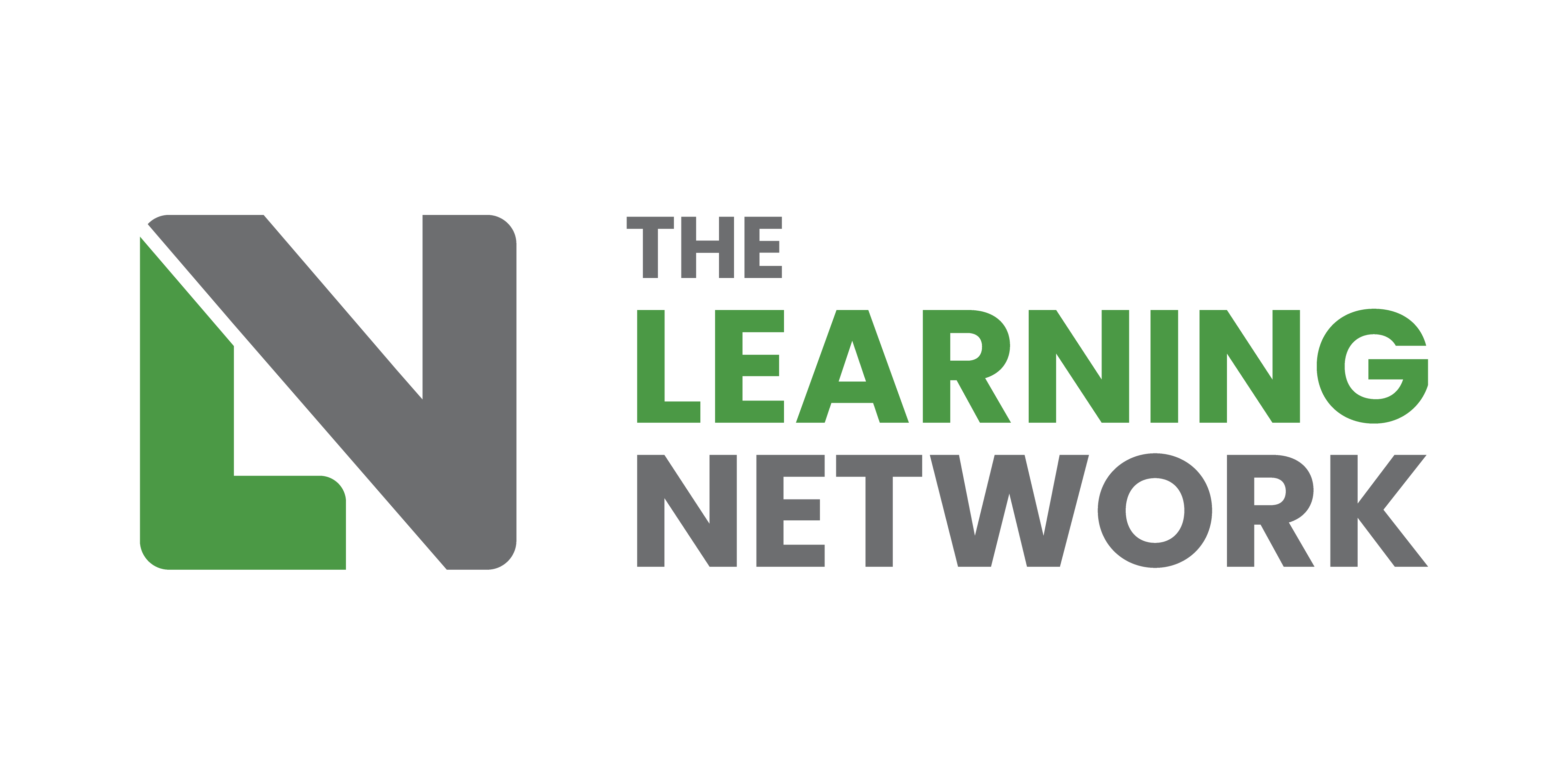By Racheal Smith, member of The Learning Network
It’s another one of those weeks where you are made aware of stuff.
This week: Learning at Work Week.
It’s a good ‘un.
In a working world where everything changes daily – or so it seems – being the one who learns is
a huge advantage.
One small problem with an awareness week is that it makes learning feel like an event. This is
the week to stop what you are doing and learn something new.
School started this trend, as we were given the impression that educating ourselves requires us
to stop everything and sit passively while someone pours knowledge and skills into us like an
excellent little beaker. We get topped up to the brim, and off we go back to work more able than
before.
Some news for you: Learning isn’t an event it’s a mindset
Learning happens every day, whether you pay attention or not; it’s just better to pay attention and
use the lessons work and life offer.
I appreciate this is easier said than done, which is why I am here to steer you on what this
mindset looks and feels like. Once you’ve unlocked it, you will never look back.
First, it is about being present. Rather than going about your day on autopilot, it is about doing
everything with a conscious mindset.
Second, it is about being curious. How did that experience go? What went well that you will
repeat in the future? What will you change?
Third, it is about consciously experimenting with new actions. Learning is proactive and reactive
– or reflective, as it is better described. Coming up with ways that you might do better and giving
these a go is an astonishingly powerful way of improving yourself. Some will work, and you will
learn something. Some won’t, and you will learn something. The epitome of win-win.
Here’s an example to help
You are present at work. Because you are so aware, you notice that you hardly ever speak in
meetings. At first, you feel resentful and think it is because you are never called on, and then you
are curious and realise you never volunteer either. So, you decide on a small experiment of
volunteering to speak at least twice in a meeting. You then reflect on what worked and what
didn’t and have learned something new.
Another example
You spot someone else who can use the Microsoft Office Suite with impressive professionalism.
You wish you could do the same. If you are curious, you will watch a few videos and ask your
colleague for support. You decide to try something new with Microsoft each day and start to feel
your proficiency grow exponentially.
What is unusual here is that the suggestion is that you are responsible for learning at work.
There is no course to attend. Every day is a learning day, not a twee meme; it is the truth – if you
choose to have the mindset that delivers its potential to you.
You may have heard the phrase Learning in the flow of work which is already hackneyed. Look
at this phrase with new eyes, drop the cliché, and realise what it means is learning happens
when you pay attention.



